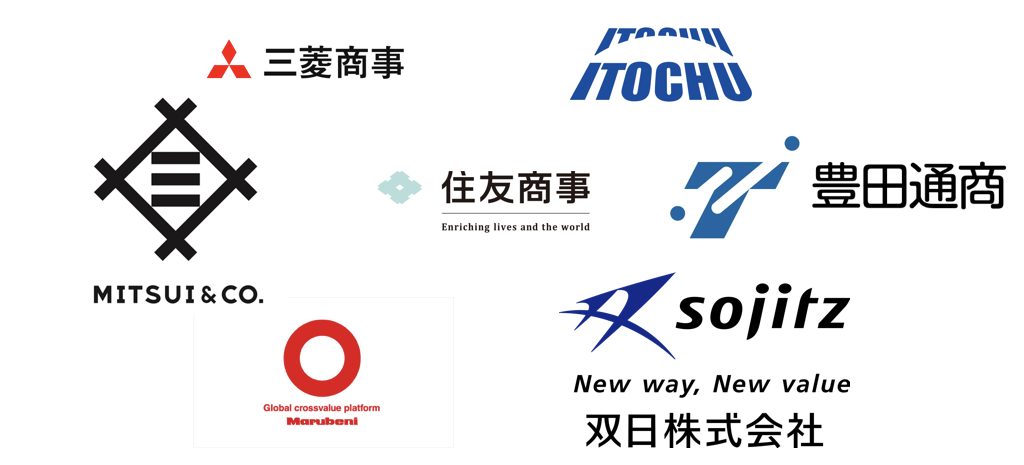A good bellwether for industrial Japan is the nation’s trading houses. These ultimate conglomerates span hundreds of industries, products and geographies, and they carry a historic mission to secure Japan’s raw materials and sources of energy.
With that in mind, the actions and words of Japan’s top seven trading houses over the last six months are highly indicative of the country’s overall net-zero strategy. All seven quickly unveiled net-zero targets for 2050 and signaled plans to stop new investments in coal.
Several, including Mitsubishi Corp. and Toyota Tsusho, unveiled trillion-yen spending plans on decarbonization, and most added carbon capture and storage (CCS) and ammonia/hydrogen supply chain building to their to-do list.
This push into clean energy, however, won’t come at the expense of all fossil fuel investments. While new coal fields and power plants are off the menu, interest in new gas (and LNG) projects remains healthy, with the caveat that CCS solutions should be an option. Oil divestments are “replaced” with other oil assets that offer lower carbon intensity or better economics.
The strategies of the seven majors are not in sync in all fields. For example, in EVs and batteries the approaches are diverse.
Getting ahead of the trend has kept Japan’s trading houses in business for centuries. Their latest actions indicate that while new energy systems are being assembled and scaled up, existing hydrocarbon infrastructure (in some form) will retain a significant role for several more decades.

